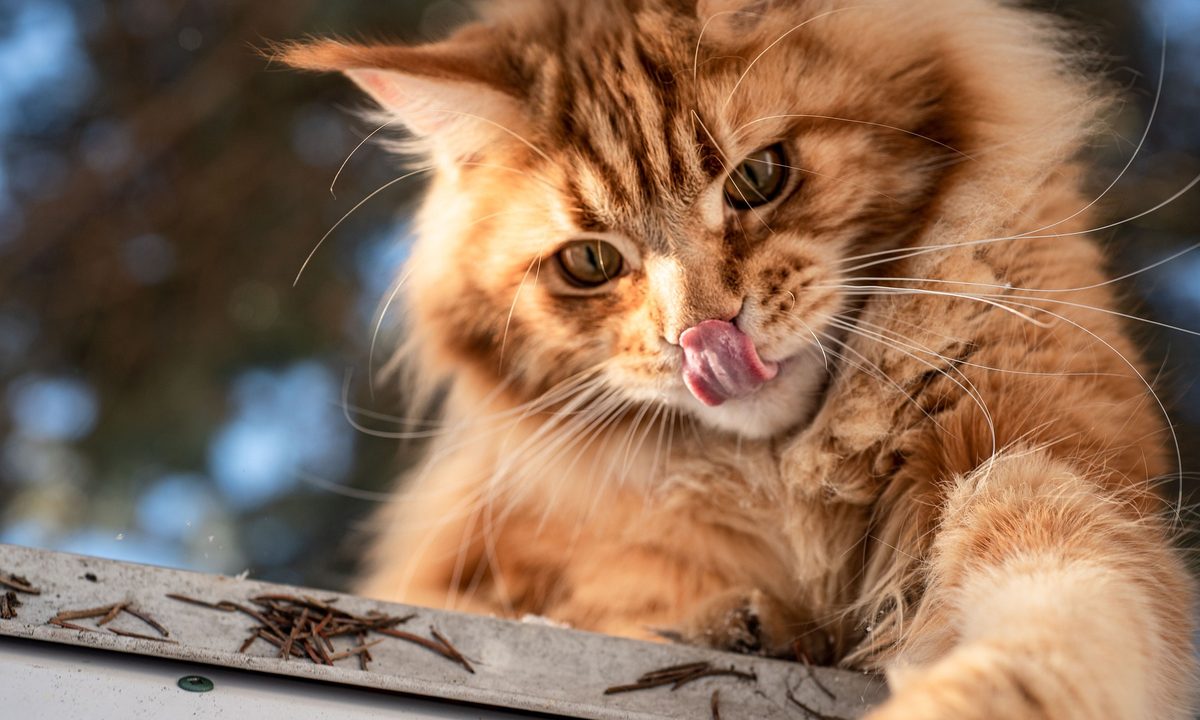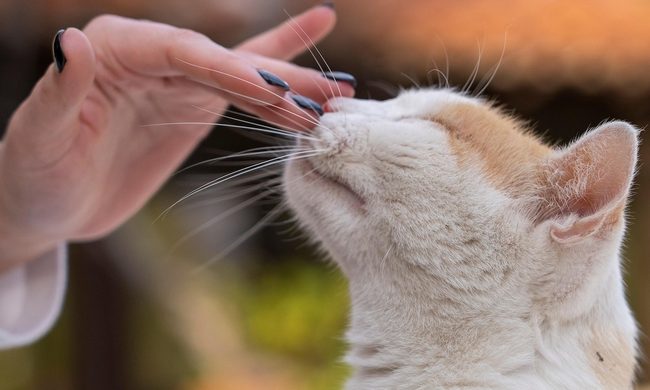There are plenty of big and fluffy cats out there, but one of the best-known breeds fitting this description is the massive, majestic Maine Coon. These cats are not only impressive in size, but they also tend to have fantastic personalities that make them beloved family pets. While purebred Maine Coons are a little more uncommon in rescues and shelters, it’s possible to adopt a Maine Coon mix that still has some of the breed’s distinctive characteristics.
While telling exactly which breeds your cat is can be a little tricky, it’s worth doing some investigative work to better understand your feline’s background and what that might mean for the care he needs during his life–especially for rescue cats!
Where do Maine Coon cats come from?
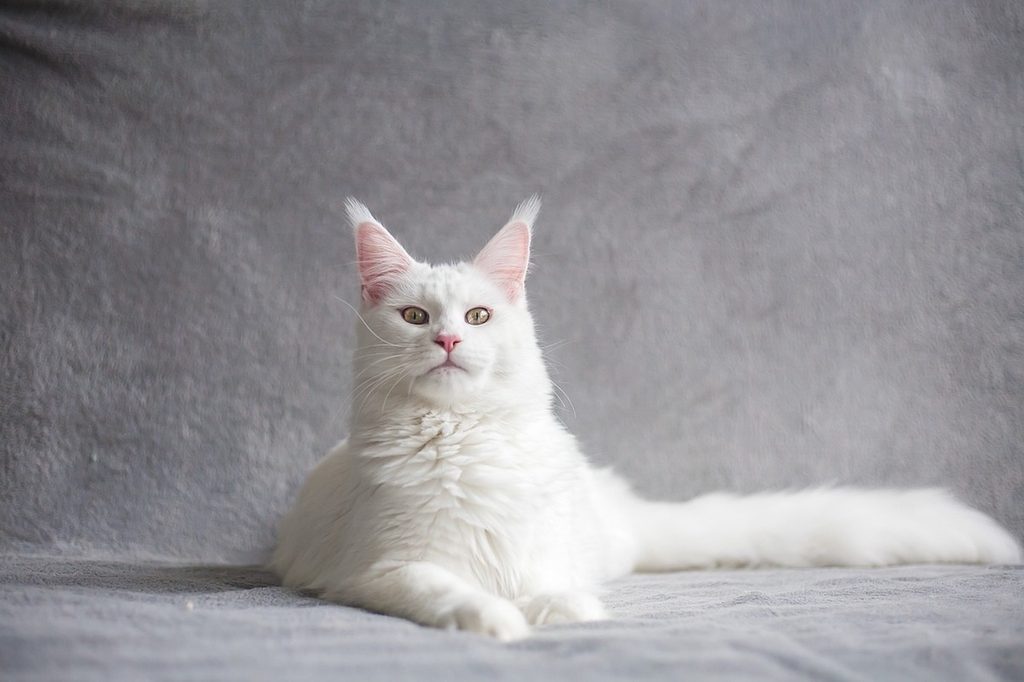
You may have heard that the Maine Coon Cat originated from a fantastical cross between a feline and a raccoon. Of course, this didn’t really happen, but it could be where they get the name. (Another way the name may have originated is from a ship’s captain who brought the first of these kitties ashore.)
It’s widely accepted that this breed orginated from a group of cats who arrived in New England on ships that came from Europe. However, an exact ancestral line hasn’t been found. Regardless, this breed has lived in America for at least 150 years and has enjoyed popularity in the colder climates where it puts its fuzzy coat to good use.
What does a mixed Maine Coon cat look like?
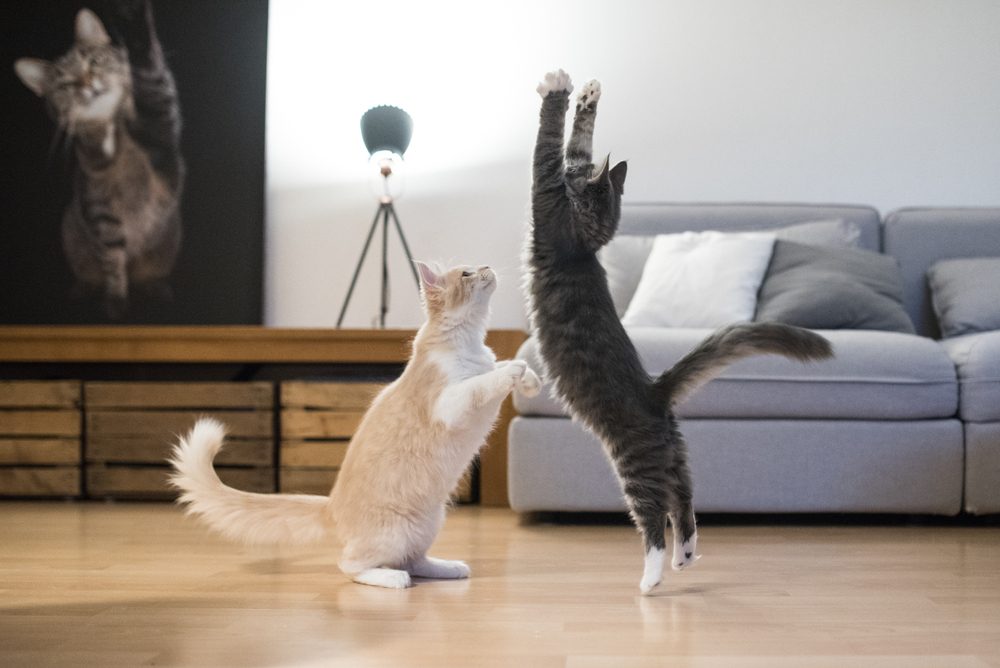
Speaking of the Coon cat’s lustrous mane, this feature commonly attracts owners (and could explain their winning streak in cat shows in the 1800s). You’ll find long hair common in many mixes as well, though it certainly varies depending on the parentage and the individual cat. On top of the fur, Maine Coon mixes sport gorgeous fluffy tails and a poofy scruff (sometimes likened to a Shakespearean collar).
When it comes to color, Maine Coons can be extremely diverse. Some are solid colors, like black or white, while others have tabby coats or patches of white. Mixed-breed cats can have even more variety in coat color and pattern, so the potential coat options are endless.
Maine Coon cats also have distinct facial features, such as pointed ears with a tuft of fur on top, or a strong jaw with a triangular face shape. If you look closely, these details could also reveal a bit about your rescue cat’s breed.
How big do Maine Coon mix cats get?
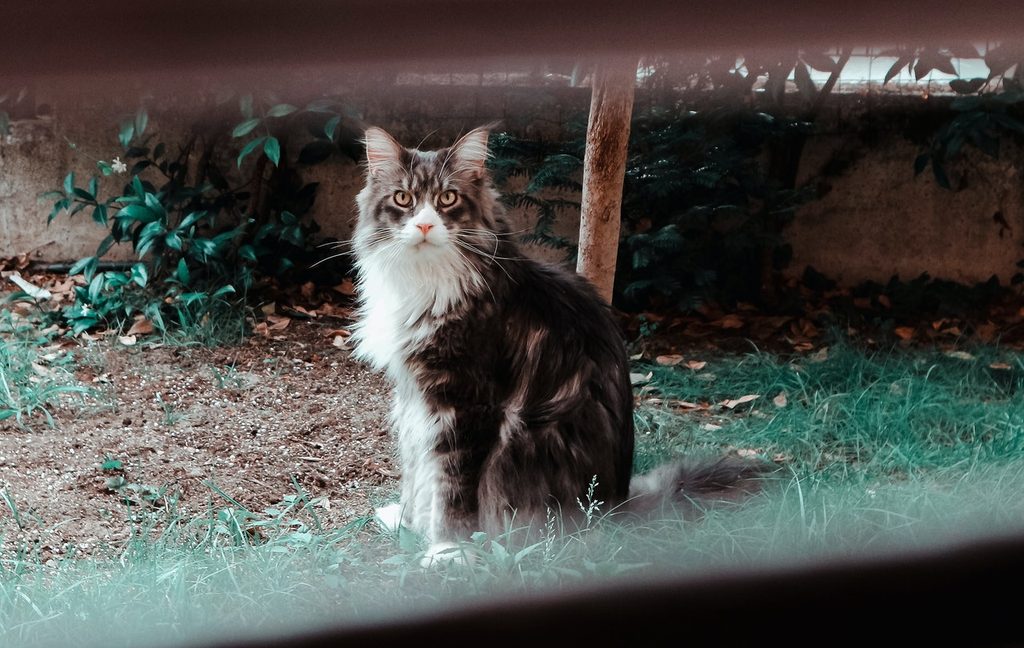
It’s no secret that Maine Coons are large cats. They can weigh between nine and 18 pounds, though the occasional Maine Coon can grow to be much larger. Additionally, these pretty kitties stand up to 16 inches tall and 40 inches in length. You would generally spot the Maine Coon right away in a group of other cats. While these cats are large, your Maine Coon mix’s size will partially depend on the breed of cat that he’s been crossed with.
What is a Maine Coon usually mixed with?
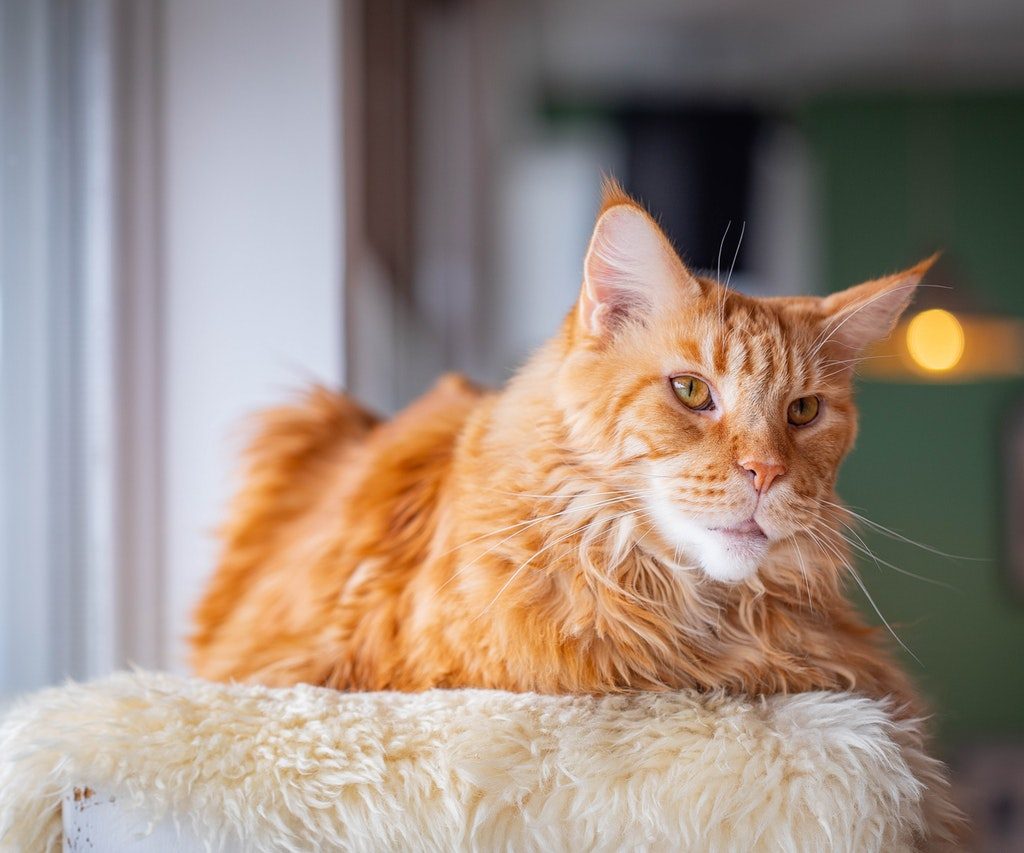
Cat owners may not be able to decide what breed mixes they meet and rescue, but they can familiarize themselves with common Maine Coon cat mixes. Siamese-Maine Coon mixes, and Ragdoll-Maine Coon mixes are known for being healthy, affectionate, and extremely attractive, but you can meet a mix of any breed at your local shelter. If you do choose to buy through a breeder, be sure to do your research and ensure that they’re raising healthy, happy cats.
How can I tell if my cat is a Maine Coon mix?
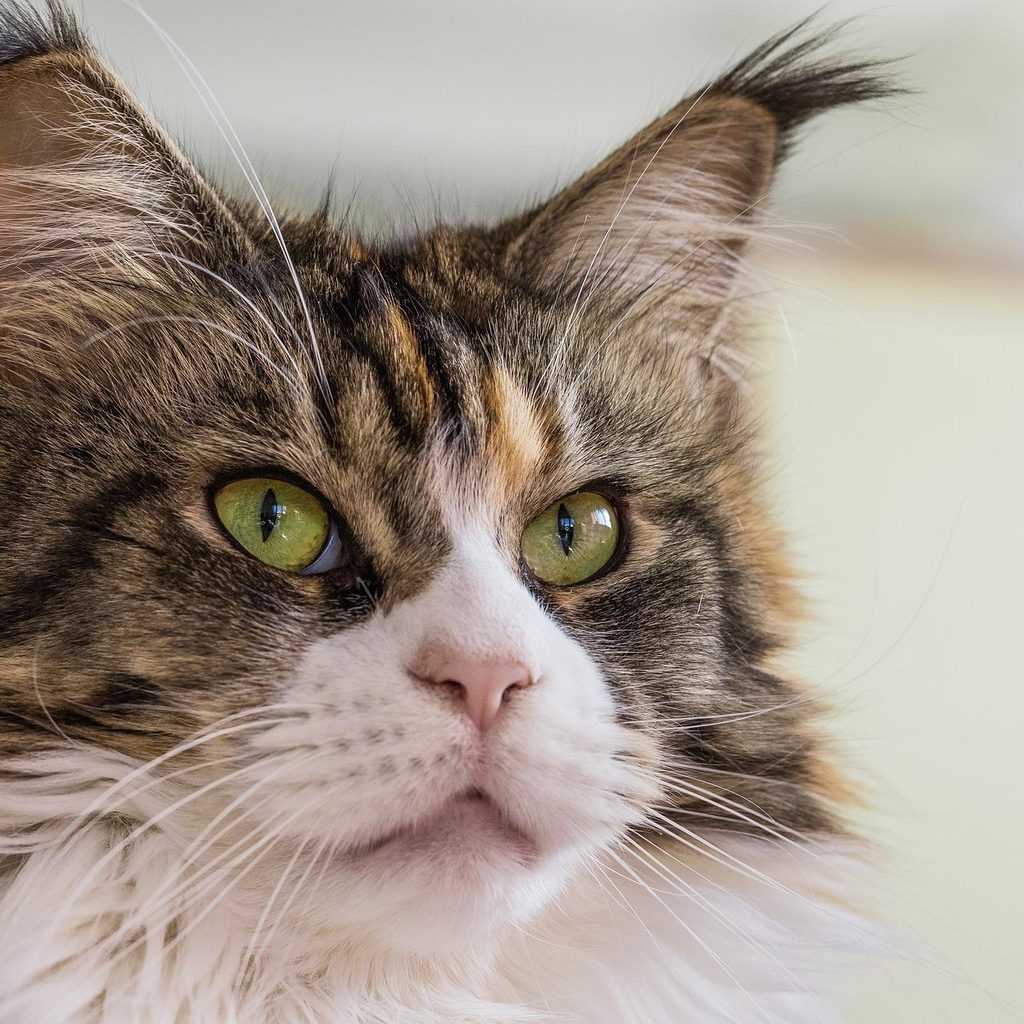
According to Schertz Animal Hospital, the only way to tell if your cat is part Maine Coon is to have your cat genetically tested. Genetic tests for cats use saliva or blood to provide an estimate of your cat’s breed. You can order the test and have a kit shipped to you, or our veterinarian might have tests at their office and could perform the testing for you. It typically takes about six to eight weeks before you’ll receive your results, so you’ll need to be patient. This isn’t something that pet insurance covers, either.
Your vet might also be able to help you identify common Maine Coon characteristics in your cat. You can look for features like a long coat that sheds often, a large size up to 16 inches tall, and a highly social nature. While these features can’t confirm that your cat is a Maine Coon mix, they can help to narrow down some options and might suggest that it’s worth having some genetic testing done to confirm your suspicions.
If you adopted your cat from a shelter, read the documents that you received during the adoption process. Some shelters that take in litters may know what the mother’s breed was, and if the mother was a Maine Coon, that will confirm your suspicions. Other times, shelters have very limited information on a cat’s background, so you may or may not be able to confirm your cat’s breed through that paperwork.
Why it matters if you have a Maine Coon mix
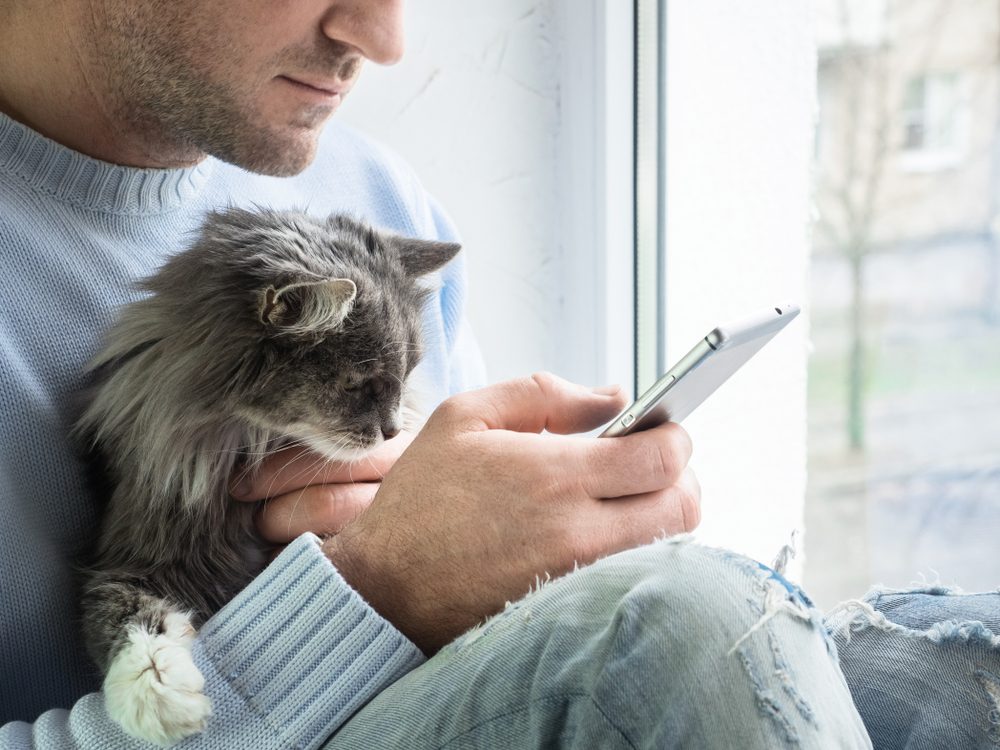
Knowing that your cat is a Maine Coon mix can be helpful because it can help you to better care for your cat. Maine Coons are predisposed to some health issues, including a form of heart disease and a genetic disorder called spinal muscular atrophy. Hip dysplasia can also be a concern.
When you know that your cat is part Maine Coon, you and your vet can monitor and test your cat for these health issues. When you spot the health issues early, you can better manage and treat them, helping to keep your cat healthy.
Adopting your ideal cat
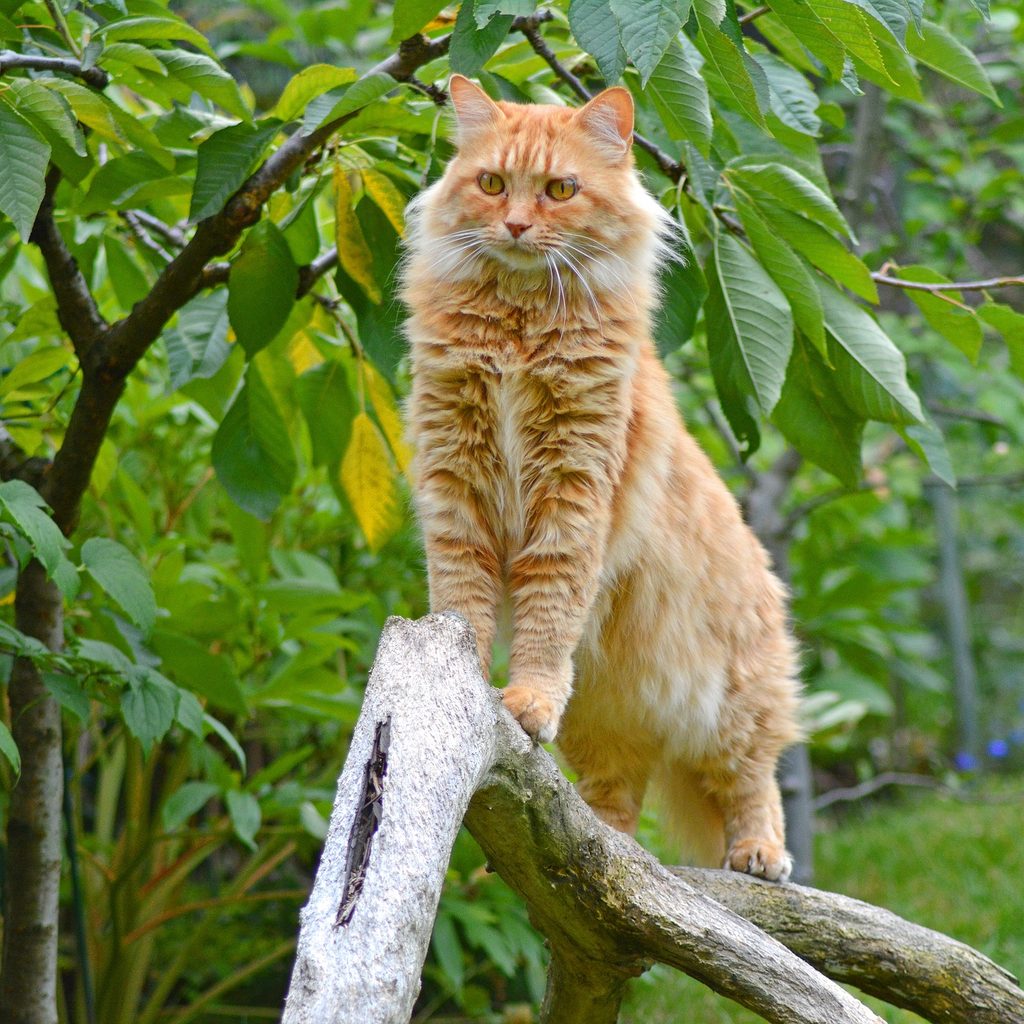
If you decide to change the life of a rescue pet, you won’t have as much say in the breed or characteristics of the kitty you adopt. There’s a chance that you’ll meet a Maine Coon or Maine Coon mix at your local cat rescue, but this breed label shouldn’t be the determining factor when choosing which cat to adopt. Remember, even a purebred Maine Coon could behave nothing like their breed standard!
Instead, consider an individual cat’s personality and preferences over their breed. You might meet your perfect match who has the stoic, majestic, and outgoing personality of a Maine Coon — in a Domestic Shorthair’s body! Alternatively, the Maine Coon you meet could act nothing like the gentle giant of the cat world that you were expecting.
Think about what draws you to this breed: Is it their mysterious look or their vocal, friendly nature? These characteristics should be the details you look for while choosing your perfect pet, regardless of their breed.
Closing thoughts
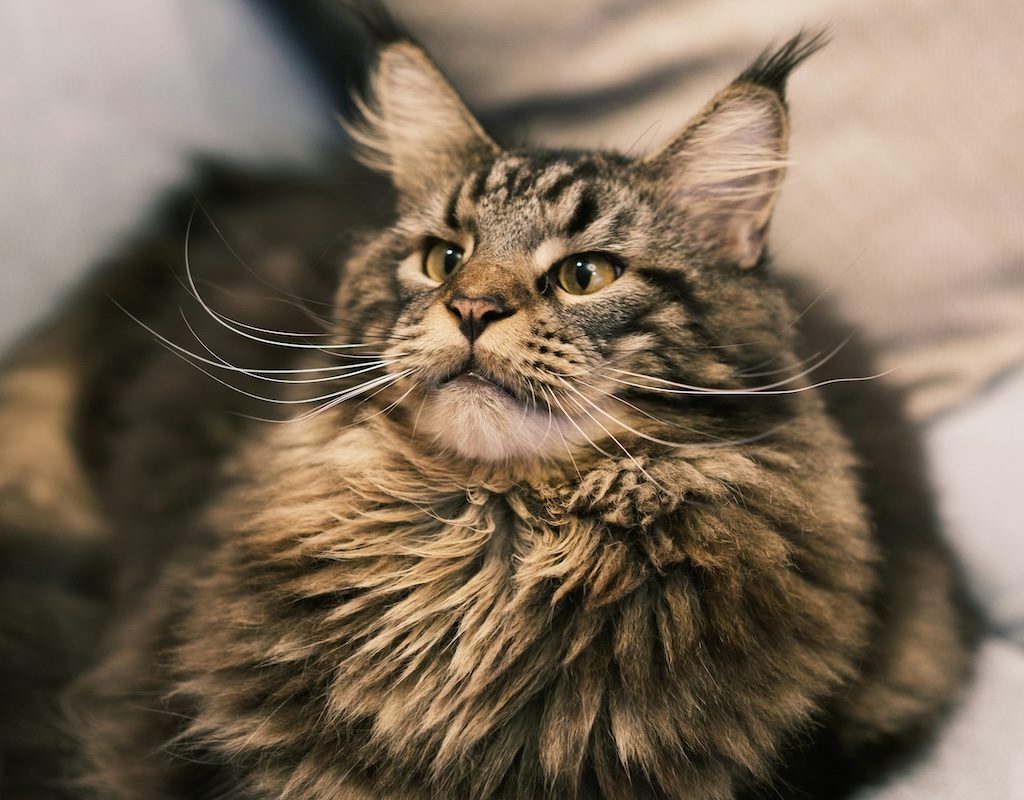
Maine Coons can be fantastic pets, thanks to their social and gentle nature. If you have a cat that’s a Maine Coon cross, chances are they’ll have some of these same qualities. While you’ll need to genetically test your cat to confirm exactly which breed they are, this genetic testing can be a good idea. It can provide you with valuable information about your cat’s breeds, and that, in turn, alerts you to any corresponding health issues that you might need to watch for.
With this extra information, you can better understand not only some of your cat’s tendencies but also why they behave the way they do and the specific care they may need to be able to thrive and live a long, happy life.

